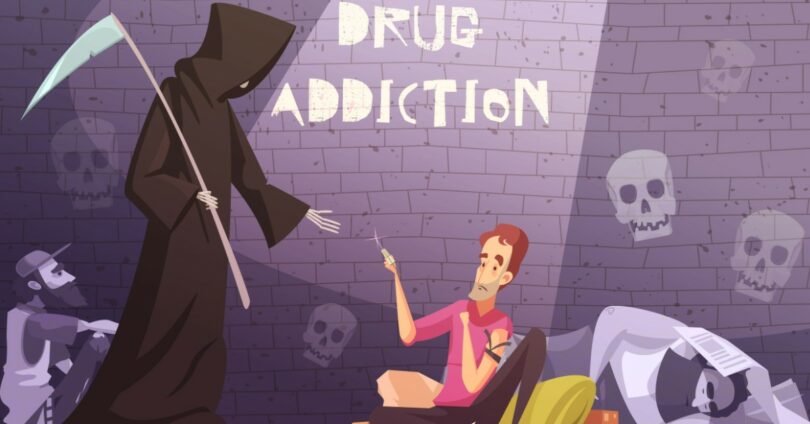Many people aren’t sure if addiction is a disease or a choice. However, some treatments have been found to work to help people overcome their addictions. This article discusses these treatments and the effects of addiction on your brain. It also outlines how reprogramming your brain can help you achieve recovery.
Treatments For Addiction
A disease is a condition that requires ongoing treatment. It’s essential to recognize that addiction is no different. The best treatments for addiction involve a combination of approaches to achieve lasting sobriety.
Addiction is a disease because it causes physical symptoms and interferes with other aspects of life. This includes relationships, work, school, and social obligations. In some cases, people with substance abuse problems may need to abstain for the rest of their lives.
Treatment options for addiction are determined by the severity of the disorder. These include inpatient and outpatient programs. However, most individuals who struggle with addiction can benefit from some treatment.
Inpatient programs are often located in hospitals, while outpatient programs offer services accessed from home. Read more about this type of care to determine if it’s appropriate for you or a loved one battling drug or alcohol addiction.
Effects of Addiction on Reward, Motivation And Memory
Addiction is a pathological process that disrupts the brain’s reward, motivation and memory systems. It occurs when repeated exposure to addictive substances leads to increased cravings and use. Although addiction is a complex condition, several mechanisms are believed to contribute to its development.
One primary mechanism is dopaminergic hyperresponsiveness. This process is dependent on glucocorticoids. The increase in corticosterone secretion increases sensitivity to the hormone’s central effects, making people more susceptible to drug abuse.
Another neuro adaptive process is called psychomotor sensitization. Drugs that cause psychomotor sensitization include nicotine and alcohol. Sensitization is measured by locomotor activation. When people take drugs, their locomotor activity increases.
Another factor involved in addiction is negative reinforcement. When a drug relieves an aversive state, the body rewards itself by increasing its response. Positive reinforcement occurs when a person experiences a feeling of pleasure.
Reprogramming Your Brain
The brain is very capable of reprogramming itself. You may have been exposed to drugs altering how your neurons work throughout your lifetime. This can affect your ability to recognize your feelings and react to the world around you. However, once you stop using the drugs, you can begin to rebuild your brain to a healthier state.
These changes are frequently attributed to the ventral tegmental area of the brain. It is a part of the middle brain. It has been discovered that both humans and animals possess it. Drug cravings are linked to these brain regions.
Another critical component of this region is the prefrontal cortex. This area of the brain deals with decision-making and is an essential part of your moral compass. Research has shown that people who suffer from addiction have high activation levels in this area.
Journaling as an Essential Part of Recovery
Journaling is an essential part of recovery from addiction. It helps people deal with their emotions and understand their lives. By writing about complicated feelings, people can gain better insight into their situation and make better decisions.
The ability of journaling to lessen anxiety and stress is one of its advantages. Journaling can also help you achieve your goals.
Keeping a journal allows you to write about your feelings and track your progress. This can help you get more involved in the recovery process and improve your chances of success.
You can use your journal for anything, but it benefits those working on healing from addiction. Writing about your feelings can also make it easier to work through anger and frustration.
Dialectical Behavior Therapy (DBT)
Dialectical behavior therapy is a treatment that teaches people how to manage and control their emotions. It is used to treat individuals with addiction and mental illness.
In Dialectical Behavior Therapy, a patient undergoes weekly sessions with a therapist. Each session lasts between 40 and 60 minutes. The therapist may also offer an assessment before the patient begins the program.
DBT is a complex approach that requires a significant time commitment. Patients should seek help from a therapist they can trust. They should also ask questions about the therapist’s training, the consultation team, and the time commitment.
One of the best therapies for substance abuse is dialectical behavior therapy. Because it reduces self-destructive behaviors, it reduces emergency room visits and hospitalizations.
DBT combines positive reinforcement with a non-judgmental problem-solving response. Teaching patients how to change their thoughts and behaviors promote long-term abstinence from addictive habits.









